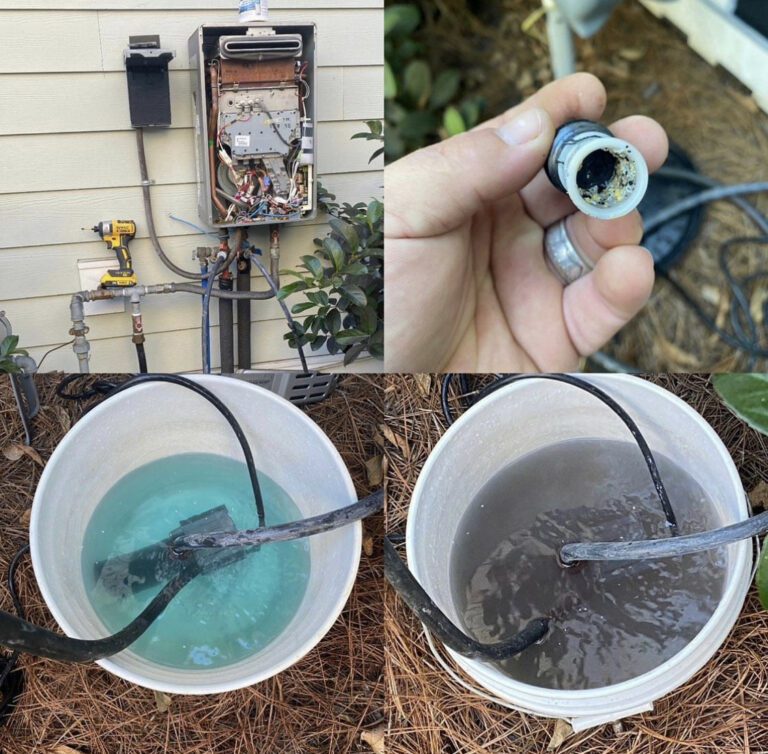If you are like most people, you probably take your water heater for granted as long as it heats up hot water for your showers and dishes. You might be surprised to learn that your water heater needs routine maintenance to keep in peak performance. A water heater will last anywhere from 8 – 12 years based on if it has regular maintenance like flushing out your water heater to get rid of sediment. Here is what is important to know.
Why should a water heater be flushed?
Sediment from your water will collect in the water heater and settle to the bottom of the tank. This is especially true if you have hard water. Calcium and magnesium are two comment elements that found in hard water, and binds together. This sticky substance can clog pipes and line the inside of your water heater. This makes it more difficult for your water heater to operate efficiently and may decrease the water flow from your water heater.
How often do you need to flush a water heater?
Water heaters typically require flushing once a year to keep them performing well. However, the amount of mineral deposits in your water also affects how often you need to flush the heater. Homes with extremely hard water may need the water heater flushed more often, while those with relatively few mineral deposits in the water may be able to go a bit longer.
How can you tell if your water heater needs to be flushed?
There are several indicators that your water heater needs to be flushed. Watch for these signs:
Increased Heating Time: If you water heater seems to be taking longer to reheat a tank of water, the problem may be mineral deposits and scale inside the water heater. Because the sediment settles in the bottom of the tank, the heating element must work harder to heat the water, as it must heat the sediment, too.
Noisy Water Heater: When sediment settles in the bottom of the water heater, your heater struggles to heat the water. Sometimes the water beneath the sediment boils and causes the sediment to rattle as your water heater works to heat the water in the tank. If your water heater is getting noisy, it may be due to too much sediment in the bottom of the tank.
Decreased Water Pressure: Hard water deposits can narrow or block the pipes leading away from your water heater and cause a decrease in water pressure.
Sediment in Hot Water: If your water heater is neglected for a long period it can collect so much sediment that you will see it in the water that comes out of the faucet.
To schedule a routine water heater flush, contact us at Hunter Plumbing Services LLC today 843-685-6840. We can flush and clean your water heater and alert you any potential problems.

